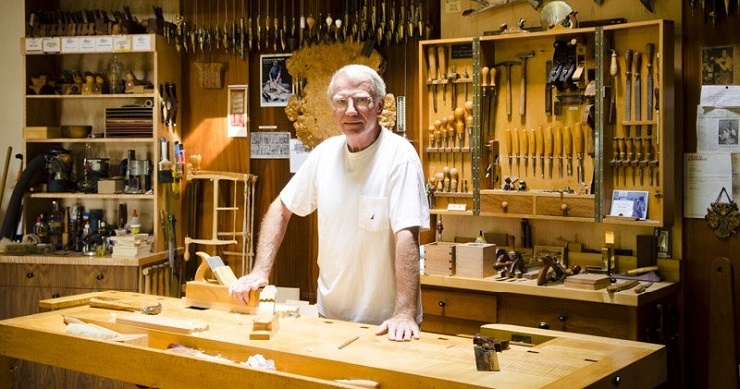Woodworking is an engaging hobby that can be started on various budgets, requiring an initial investment in essential tools, machinery, and a dedicated workspace. The cost of hand tools, such as chisels and saws, can range from $20 to $200, whereas power tools like drills and sanders have a broader price range. Quality and durability should be considered when purchasing tools to ensure long-term value.
For those looking to take their craft further, investing in woodworking machinery is significant, with a need to balance quality and budget. Identifying specific needs based on the projects and skill level can help determine the types of machinery required. Both new and used machinery have their benefits and risks, with new machinery offering warranties and used machinery presenting potential cost savings.
Setting up a workspace can be approached through a DIY build or by purchasing a ready-made workstation, each with varying costs. Material selection for projects is also crucial, with a range of wood types and composites affecting both cost and quality. Safety is paramount in woodworking, with essential personal protective equipment (PPE) and safety measures like dust collection systems necessary to prevent accidents.
Education through woodworking classes and workshops can accelerate learning but comes with associated costs. DIY projects vary in price, with simple crafts being more affordable than larger furniture pieces. Buying second-hand tools can save money, but requires careful consideration of the condition and compatibility. Budgeting is key to managing woodworking expenses, with prioritizing essential tools and materials being essential.
In conclusion, woodworking can be pursued on a budget by prioritizing needs, researching cost-effective options, and being resourceful. The process and satisfaction of creating with one’s hands provide immense value, and community resources can offer support and budget-friendly tips. Woodworking offers the potential for financial gain, personal fulfillment, and continuous learning, making it a worthwhile endeavor for enthusiasts.
Key Takeaways:
- Woodworking is an accessible hobby that can be tailored to fit various budgets, with options ranging from basic hand tools to more advanced machinery and workshops.
- Safety is a critical consideration in woodworking, requiring investment in personal protective equipment and safety measures to prevent accidents and health hazards.
- Educational resources like woodworking classes and workshops can enhance skills and knowledge, although they represent an additional cost to the hobbyist.
“Woodworking requires a variety of tools to get started, and understanding the costs and options available is essential for beginners. The prices of woodworking tools can vary significantly depending on factors such as brand, quality, and whether you choose new or used equipment.”
More details: here






